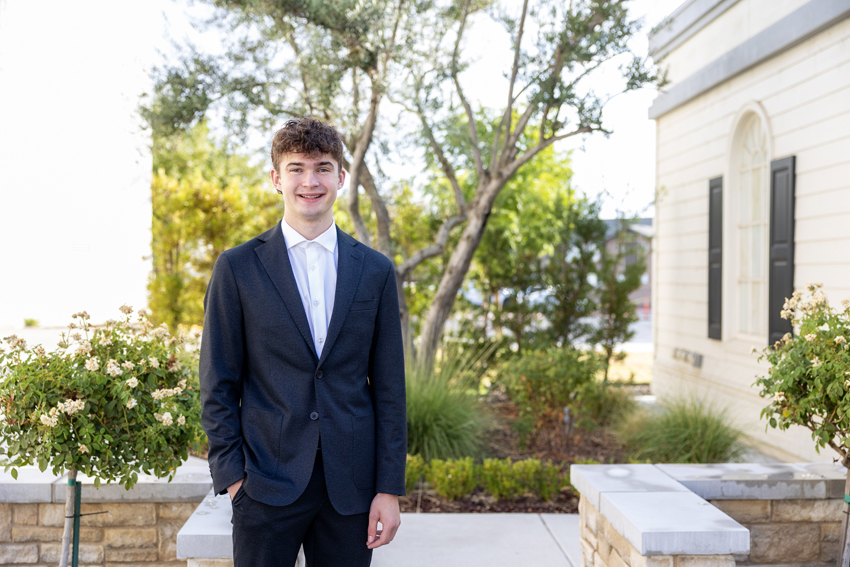In this column, Academic Adviser and AP English teacher Molly Sargent discusses the college application process and gives advice for prospective college students.
With the blistering heat of summer a memory at last, autumn is finally here. And with it comes … college application time! Some of us cherish these months as we marvel at the wonder of leaves changing color and cool breezes wafting across our brows, but for seniors and their parents, autumn means beginning the sometimes arduous process of filling out forms, gathering data for financial reports, and visiting university campuses.
Yet applying for admission to one or more (in some cases, many more) institutions of higher learning does not need to be an anxiety-ridden experience. Preparation and organization blended with a hefty dose of prayer can make this process easier and less time-consuming. It all begins with a plan, one that is both informed and realistic given all the factors that go into getting into a college that meets the needs of all involved.
First, it’s good to know dates. Nothing is worse than realizing the deadline for an application was yesterday. Some dates to remember: both the University of California (UC) and California State University (CSU) systems have designated November 1-30 as the time period during which applications may be submitted. A few of the CSU campuses have extended application periods, but most do not. Check on the website of the CSU campus you are considering for this information. And just in case you were wondering, Fresno State is in the CSU system, as are both of the Cal Poly campuses (San Luis Obispo and Pomona).
Other colleges have various application dates. Many are not due until January, but the only way to know for sure is to, again, check the website of the campus.
Almost all colleges offer, and encourage, using the online application. It is fairly straightforward, but you will need to have handy a record of the high school classes the applicant has taken. Graduation requirements for FCHS are adequate for UCs, CSUs, and most private institutions. Included in the requirements for incoming freshmen are: at least two years of the same foreign language; grades of C or better in all academic courses; and the successful completion of Algebra 2 as one of the three math classes required.
In addition, UCs require a personal statement consisting of two prompts, totaling 1,000 words. Most private schools require some kind of personal essay, with Christian colleges usually asking for a statement of faith. Also, private colleges require at least one letter of recommendation, usually from a teacher, pastor, someone who knows the applicant well, and/or the high school?s guidance counselor (that’s me).
Make sure you supply the recommender with the required form that has the applicant’s personal information and signature, a stamped, addressed envelope to mail it in, and a personal information sheet of the applicant’s career goals, high school activities, and involvement in outside organizations so the recommender can provide a thoughtful letter that presents the best “you” possible.
If any of the colleges you are considering participate in the Common Application system, you will only need to complete one application for all schools that are members. After you complete your portion of the online application, you will be asked to provide an e-mail address for your guidance counselor (again, that’s me) who will complete the high school’s portion of the application. My e?mail address is: [email protected].
There is at least one more form all potential college students must complete: the Free Application for Federal Student Aid (FAFSA). I’ll write more on this in the next installment of the column, but don’t worry — you can’t even fill it out until January 1, 2011!
See you next time!






